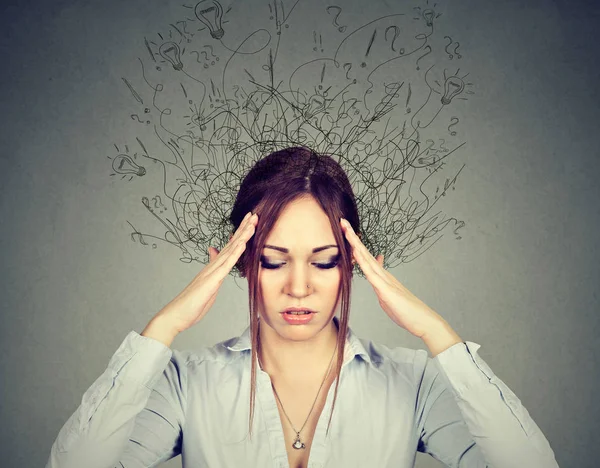Chess, a game that has been played for centuries, is not only a recreational activity but also a powerful mental exercise. Its origins can be traced back to ancient India, and over time, it has evolved into a global phenomenon. While many enjoy playing chess as a leisure activity, it is essential to recognize the numerous health benefits associated with this classic game. In this article, Success Digest Market Place will delve into the reasons why you should start playing chess and how it can positively impact your cognitive abilities, emotional well-being, and overall health.
1. Enhances Cognitive Function

Boosts Brain Power
Playing chess is like a workout for the brain. It stimulates various cognitive functions such as memory, concentration, problem-solving, and critical thinking. As players strategize and plan their moves, they activate multiple regions of the brain, leading to enhanced neural connections and improved cognitive abilities.
Increases Creativity
Chess requires players to think outside the box and develop unique strategies to outmaneuver their opponents. Engaging in such creative thinking not only enhances problem-solving skills but also fosters creativity in other aspects of life.
2. Promotes Mental Sharpness

Reduces Risk of Cognitive Decline
As we age, our brain’s sharpness may decline, leading to memory loss and other cognitive issues. Regularly playing chess can act as a preventative measure, reducing the risk of cognitive decline and conditions like Alzheimer’s disease.
Improves Mental Agility
Chess is a game of quick decisions and adaptability. Regularly engaging in this mentally challenging activity hones mental agility and allows individuals to make better decisions in their daily lives.
RELATED: 7 Best Healthy Fruits That Can Improve Memory Retention In Children Easily
3. Enhances Academic Performance

Improves Logical Reasoning
Chess is deeply rooted in logical reasoning and sequential thinking. When students play chess, they develop better analytical and logical reasoning skills, leading to improved academic performance, especially in subjects like mathematics and science.
Enhances Memory Retention
In chess, players need to remember their previous moves and the patterns they have encountered. This constant exercise of memory retention transfers to academic settings, making it easier for students to remember and recall information during exams.
4. Reduces Stress and Anxiety

An Outlet for Stress Relief
Chess is not just a game; it can be a form of meditation. Immersing oneself in a game of chess helps shift focus away from stressors and provides a much-needed mental break.
Promotes Mindfulness
During a chess match, players are fully present, concentrating solely on the game. This mindfulness practice can alleviate anxiety and promote mental well-being.
5. Fosters Social Interaction

Connects People Across Cultures
Chess is a universal language, and people from different backgrounds can come together and enjoy the game. It fosters social interaction, strengthens bonds, and promotes mutual understanding.
Builds Sportsmanship
In chess, wins and losses are part of the game. Learning to handle both outcomes with grace and good sportsmanship is a valuable lesson that transcends the chessboard and applies to real-life situations.
FAQs

- Is chess suitable for all age groups? Absolutely! Chess can be enjoyed by people of all ages, from young children to seniors. It offers age-appropriate challenges for every player.
- Can chess help in preventing neurological disorders? While it cannot guarantee prevention, regular chess play has been associated with a reduced risk of cognitive decline and certain neurological conditions.
- Is chess a physically demanding game? No, chess is a board game that primarily exercises mental faculties and does not impose physical strain.
- Can chess improve problem-solving skills in children? Yes, chess encourages critical thinking and problem-solving abilities in children, making it an excellent educational tool.
- Where can I learn chess if I am a beginner? There are various resources available online and offline, including chess tutorials, books, and local chess clubs that welcome beginners.








Leave a Reply